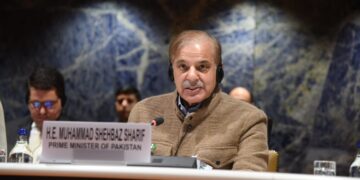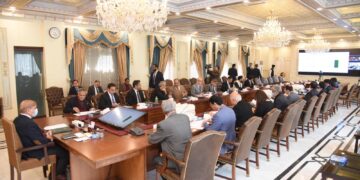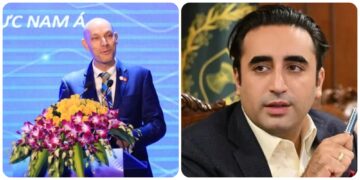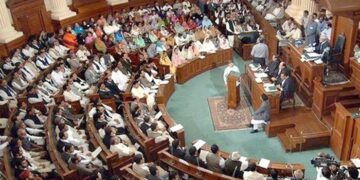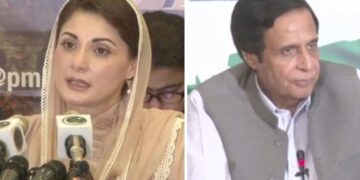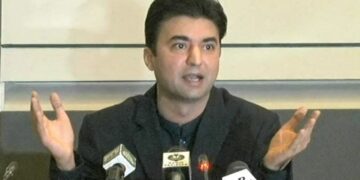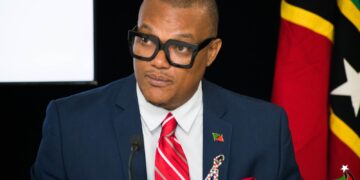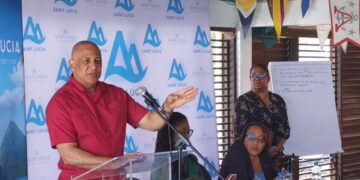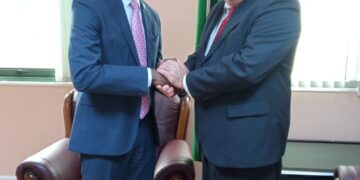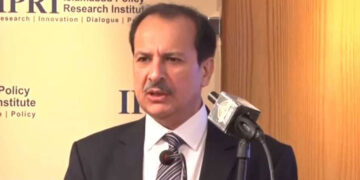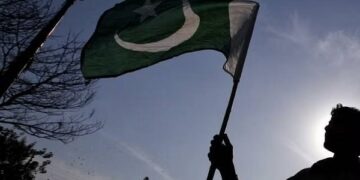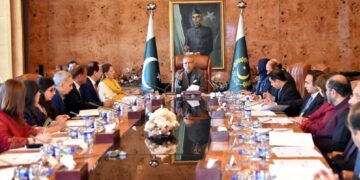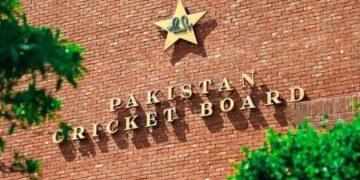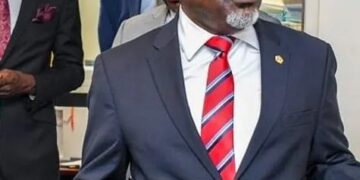Following a backlash over the approval of controversial laws in the National Assembly, the Pakistan Tehreek-i-Insaf (PTI) appeared to reach out to the opposition on Tuesday, encouraging it to sit down and address all issues of national importance.
“We want to engage the opposition on vital national issues including electoral and judicial reforms, as well as the chairmanship of the National Accountability Bureau (NAB),” Fawad Chaudhry, Minister of Information and Broadcasting, said after a meeting of the federal cabinet.
Hammad Azhar, the Minister of Energy, was also present at the press conference. Mr Chaudhry claimed that he, National Assembly Speaker Asad Qaisar, and the prime minister himself had asked the opposition to talk about these three concerns.
Despite frequent efforts to engage them on the administration’s reform agenda, he said the opposition was only concerned in creating conspiracies and attempting to topple the government.
Fawad says the government is open to talk to the opposition on matters including electoral changes, judicial reforms, and the appointment of the NAB chief.
Surprisingly, the opposition had expressed willingness to meet with the government if the prime minister personally took part in the talks. Mr Chaudhry, on the other hand, stated explicitly on Tuesday that PM Khan will not sit with any opposition leader, including Shehbaz Sharif, the Leader of the Opposition in the National Assembly.
The ministers also discussed the State Bank of Pakistan (Amendment) Bill 2021, one of the two problematic pieces of legislation required for Pakistan’s sixth review of the $6 billion Extended Fund Facility to be approved by the International Monetary Fund’s (IMF) executive board.
The bill was passed last week by the National Assembly, despite strong opposition from the opposition benches, during a session that lasted nearly till midnight.
The opposition had attempted to make the law controversial, according to Energy Minister Azhar, who said that the legislation was aimed at giving the SBP autonomy and drew comparisons between Pakistan and developed countries.
The government’s chief spokesperson also said they would fully comply with the Islamabad High Court’s decision to seal and raze the naval golf course located on Margalla Hills National Park land, while briefing the media on other decisions made during the cabinet meeting, which was chaired by Prime Minister Imran Khan.
He claimed that the cabinet had examined the subject of naval authorities encroaching on protected grounds. The IHC had ordered the golf course to be demolished within four weeks unless it could be put to a more environmentally acceptable use.
The court had previously determined that the navy’s sailing club and farm cottages “trespassed on the land situated on the embankment of Rawal Lake” and ordered that they be demolished.
An IHC bench had also requested a compliance report from the cabinet secretary on the direction to present the judgement in this case to the federal cabinet during a hearing on Monday.
Other decisions made at the cabinet meeting, he added, included instructing the National Assembly and Senate secretariats to avoid selecting members to various parliamentary committees who have a conflict of interest.
“It has been noted that contractors and builders joined communications committees, while individuals who run information technology organisations joined IT committees,” he stated.
He explained, “This indicates that a person linked with a certain business should not be included in standing committees dealing to that industry.”
Mr Chaudhry also stated that the meeting was updated on urea production and availability in the country by the Ministry of Industries and Production.
The cabinet also approved the reorganisation of Railway Construction Pakistan Limited’s board of directors, as well as the presentation of the National Electric Power Regulatory Authority’s annual report. This is the first time the report has been delivered on time in 24 years.
